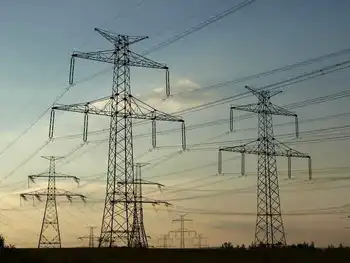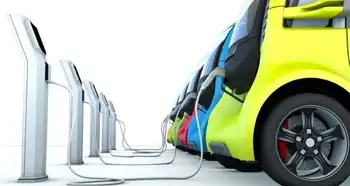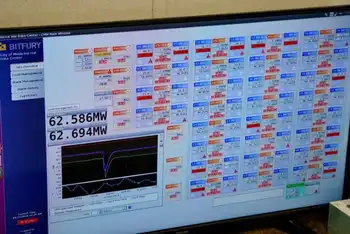Georgia Power's Plant Bowen tests new technology
By Georgia Power
High Voltage Maintenance Training Online
Our customized live online or in‑person group training can be delivered to your staff at your location.

- Live Online
- 12 hours Instructor-led
- Group Training Available
Cooling water is essential for most thermal, or steam-driven, electric generation, which is the primary form of producing power in the United States and globally. Although most of the water withdrawn for power generation is returned to the source, the energy industry is focused on finding more efficient ways to manage water resources.
The WRC is the first U.S. research facility of its kind, providing a venue for developing and testing technologies to reduce power plant water withdrawals and consumption and improve the quality of water related to power generation. Operated by the Southern Research Institute, the WRC is being developed by Southern Company and its subsidiary Georgia Power, Southern Research and the Electric Power Research Institute EPRI, which has assembled an R&D collaborative of 13 companies.
"This is the latest demonstration of our commitment at Georgia Power and Southern Company to develop technology solutions for providing safe, clean, reliable and affordable electricity," said Georgia Power Environmental Affairs Vice President Ron Shipman. "The WRC, a first-of-its-kind power generation water research hub at Plant Bowen, is technology leadership at its best."
Evaluation of the new technology – a thermosyphon cooler developed by Johnson Controls – is the first project to become operational at the center. According to Johnson Controls, the technology transfers heat to the environment without evaporative water loss by using an air-cooled refrigerant that pre-cools water before it enters the cooling tower. The thermosyphon cooler reduces the amount of water that must be cooled by evaporation in the cooling tower, thus reducing water consumption. The year-long testing at the WRC will document the technology's water savings potential and energy consumption characteristics.
The Water Research Center is being designed to accommodate development and evaluation of power plant water management technologies in seven areas. These include cooling tower water chemistry and advanced cooling systems process wastewater treatment zero liquid discharge options moisture recovery from power plant processes solids landfill water management carbon technology water issues and water use modeling and monitoring for best management practices.
The technologies being explored at the WRC can be implemented by power companies worldwide to address water issues and also will educate students and community leaders about the importance of water conservation and the technologies being developed to reduce water consumption.
"EPRI is pleased to be working with an industry collaborative that includes so many companies which recognize the importance of this issue of water consumption and the environmental impacts of its use," said Tom Alley, EPRI Vice President of Generation. "Current events of drought and high demands on existing water supplies emphasize the importance of water management."
Georgia Power is the largest subsidiary of Southern Company, one of the nation's largest generators of electricity. The company is an investor-owned, tax-paying utility with rates below the national average. Georgia Power serves 2.4 million customers in all but four of Georgia's 159 counties.
Southern Research is a not-for-profit scientific research organization that conducts advanced engineering research in materials, systems development, environment and energy, and preclinical drug discovery and development.











